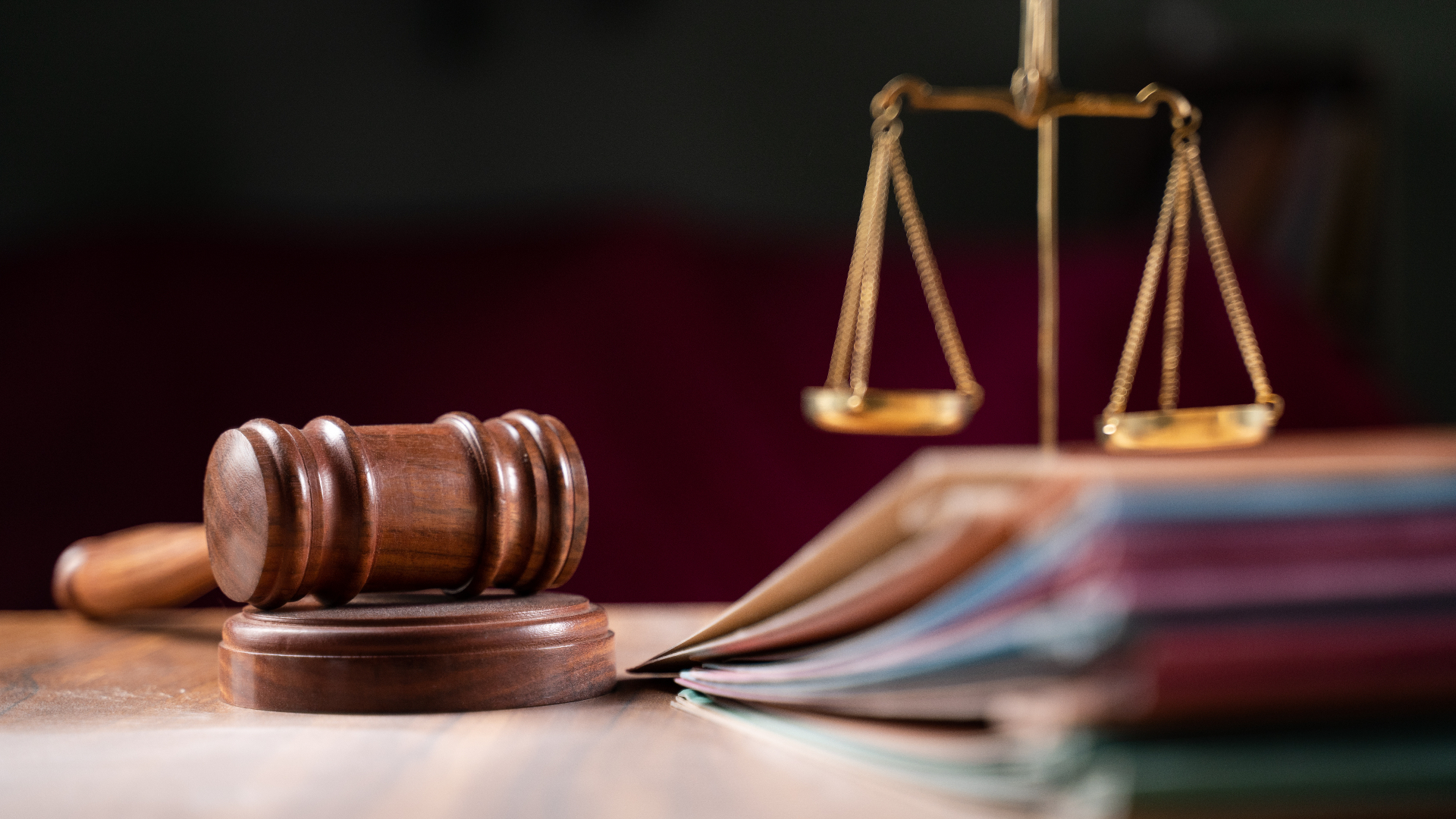Understanding that responsibility is intrinsic to freedom is essential. Based on this premise, we can understand that responsibility depends on principles, which, in the context of government, are represented by the laws that govern it — whether they are good or bad.
Legislation that protects the rights of individuals ensures their freedom to the same extent that legislation that only protects those in power maintains their positions.
What is the Rule of Law?
As a concept, the Rule of Law has had various definitions throughout history. For the purposes of this article, we will adopt the definition used by Austrian economist and political philosopher, Friedrich Hayek.
According to Hayek, the law should be general, abstract, and prospective, thus preventing legislators from arbitrarily choosing a person as the target of their coercion or privilege.
Another key point for Hayek is that the law should be known and certain so that citizens can plan accordingly — a factor that Hayek considered one of the main contributors to prosperity in the West.
Furthermore, Hayek advocated for equal application to all citizens and public officials to diminish incentives for unjust laws. In the same vein, there should be a clear separation between those who craft laws and those entrusted with their enforcement, whether judges or administrators, to prevent regulations from being tailored to specific cases.
This separation of powers also facilitates judicial review of discretionary administrative decisions to rectify potential misapplications of the law. Legislation and politics should also remain distinct, with state coercion legitimized only by legislation to prevent it from being wielded for individual gain.
Lastly, there should be a comprehensive bill of rights to safeguard the private sphere.
Thus, Hayek’s conception of the Rule of Law encompasses a strict separation of powers and the existence of liberal rights that protect the private sphere, serving as a safeguard for private property and the market economy.
What is the function of law?
The function of law can be succinctly defined as norms that ensure justice where applied. However, in this definition, we encounter another quandary: what is justice?
Justice has been defined in myriad ways throughout history, dating back to ancient Greece. Here, we adopt the definition derived from Aristotle, one of the preeminent philosophers of that era.
For Aristotle, justice is a practical or moral virtue, akin to courage and temperance. Ethical virtues are cultivated through experience and are not derived from static, universal concepts.
Among all virtues, justice is deemed the “greatest” because it extends beyond an individual’s self-interest to encompass others. Hence, justice is inherently relational, acknowledging the ethical dimension of the concept.
Aristotle contends that the pinnacle of virtue is not exercising it solely for oneself but also for others, demonstrating its relational nature. Justice, Aristotle asserts, should be an intermediate, equitable point, a notion associated with distributive justice.
Thus, justice must strike a balance, considering equality and proportionality. However, for Aristotle, since people are inherently unequal, they should not receive equal treatment.
The criterion for differentiation, according to Aristotle, is merit — distributions should be commensurate with individual merit. As such, justice entails treating the unequal proportionately to their inequality.
Based on these definitions, we can now analyze how justice operates in Brazil, my home country.
The application of justice in Brazil
Brazil’s governmental power is divided, with the legislative branch responsible for crafting laws, the executive branch for implementing them, and the judiciary for adjudicating conflicts arising from their application.
However, Brazil grapples with an excessive number of laws of limited utility, resulting in a complex legal system of diminished effectiveness. This complexity engenders loopholes, undermining the stability of the Brazilian justice system.
The surplus of ineffective regulations stems from a lack of genuine political commitment to safeguarding citizens, with more emphasis on enacting new laws than on effectively applying existing ones. This bureaucratic approach burdens the judiciary with a backlog of cases and procedural hurdles.
Laws that promote freedom
Despite these challenges, it is crucial to acknowledge Brazil’s strides toward protecting the freedoms of its citizens. With more years under authoritarian rule than democracy, and occasional lapses in democratic governance, there has been a concerted effort since democratization in 1985 to enact laws that better safeguard Brazilians’ rights.
Arguably the most renowned and frequently cited norm in Brazil’s legal framework is Article 5 of the Federal Constitution, promulgated in 1988. Comprising 79 clauses, this article aims to uphold the individual rights of Brazilians, representing a significant legislative advancement in the post-dictatorship era.
Another noteworthy measure to prevent authoritarianism was Law No. 12,527, enacted on November 18, 2011, commonly known as the Access to Information Law. This statute regulates access to government information, fostering transparency and ostensibly curtailing abuses of power.
The Civil Code of 2002 marked another pivotal step forward, particularly considering that the preceding code dated back to 1916, reflecting outdated values. This updated code not only safeguards individual rights but also addresses sectors such as private enterprises, fostering improved business practices vital to the country’s economic vitality.
The current Federal Constitution, dubbed the “Citizen Constitution,” earns its moniker precisely because it represents the most democratic iteration to date, embodying the nation’s values and safeguarding the freedoms of its inhabitants.
Thus, legislation plays a pivotal role in enhancing individuals’ freedoms, as it dictates whether a country veers toward authoritarianism or freedom. It delineates what is permissible and impermissible, underscoring the importance of exercising prudence in shaping future legislation and defining what constitutes justice.
Are you a student interested in getting involved in pro-liberty activism? By applying to join Students For Liberty’s Local Coordinator Program, you can be supported in promoting the ideas of liberty while also developing your skills and meeting many like-minded students from across the world. Click on the button below to find out more and get involved!
This piece solely expresses the opinion of the author and not necessarily the organization as a whole. Students For Liberty is committed to facilitating a broad dialogue for liberty, representing a variety of opinions.



